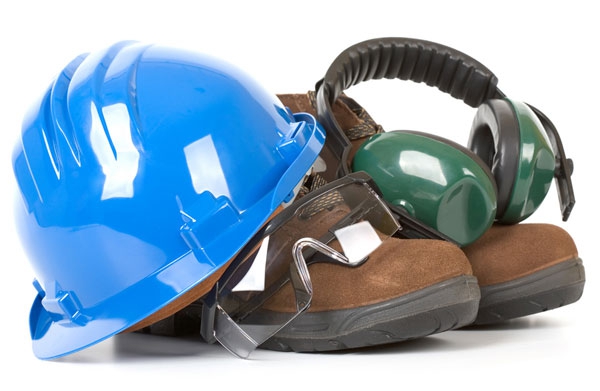In a recession that hit the construction sector so hard, as well as the usual areas to look at when cutting overheads – marketing and training budgets are usually the first to be pruned – health and safety for some organisations also became a victim of cut-backs. But it mustn’t be!
Every aspect of construction, from the clients who develop, their architects and designers who have to implement CDM, through contractors and sub-contractors, must have a continuing eye on their health and safety systems, to ensure two things:-
- That everyone who comes into contact with their operations, goes to work in the morning and returns safely home at night
- That those in charge do not leave themselves open to prosecution and possible financial ruin of their organisation
Perversely, health and safety is more and more being driven by the Clients. This includes public sector bodies, through the large corporations, to charities and housing associations – and for sub-contractors, the major construction companies. Their insistence on good health and safety practices is growing. The use of CHAS, SafeContractor and Exor is more widely being required to evidence this but there are many Clients and larger contractors who will want to check safety management systems in even more detail than is required by these accrediting bodies.
So, what should every good organisation be doing to ensure that they don’t fall foul of legislation, or lose contracts because of deficiencies in their health and safety?

Firstly, get their House in Order!
I have come across many instances of organisations having documentation that they have copied off someone else, or have taken from the internet, or come to that formulated it so many years ago that it is a wonder that the documents aren’t hand written!
The law is clear on what you have to provide and that is a basic Policy, Risk Assessments and Method Statements for your operations, training and information for and to consult with, your employees.
However, if something is missed, it can give rise to a prosecution. There are constant prosecutions by HSE for simple mistakes, such as the owner of a Bedfordshire farm who was fined a total of £2,000 for simply failing to complete legally required documentation in relation to safe working near overhead power cables. You can learn about recent prosecutions for health and safety failings here.
The HSE said – “It is an employer’s duty to complete all legally required documentation to ensure that necessary steps to protect workers from risk are communicated formally to all relevant parties, including the workers themselves.” From this it can be seen that having the documentation is one thing but there is a need to communicate it and, where required, give training to ensure a person is competent to do whatever it is that they have to do.
Secondly, taking it that your house is in order, you must ensure that everything is kept up-to-date and that any changes in either the law or your own operations are reflected in your health and safety system. It is all too easy to have the documentation in a file that gathers dust on a shelf but still think that you are OK!
As an example, changes were made in 2013 to the RIDDOR reporting regulations and it is so easy for a professional to see whether these have been updated in an organisation’s Policy and if they haven’t, alarm bells will ring.
Health and safety systems must be regularly checked and updated. If an organisation does not wish to employ a professional, there are many providers that offer contracts that will assist in reducing the risk of transgressing legislation. This can be through regular reviews, inspections and audits, or basic updates and information.
These contracts can be somewhat expensive if you choose the wrong supplier but, generally if you shop around (and verify the qualifications of the consultant) they are from around £500 p.a. upwards.
So there really is no excuse to let the levels of health and safety drop, even in tight financial times. After all the cost of a prosecution in monetary terms, can be massive by way of lost reputation and Clients not wishing to use you because of a bad safety record. And in terms of the personal anguish – it’s immeasurable.
Tony Willson is Managing Director of Helmsman Safety Services of Colchester










Comments are closed.